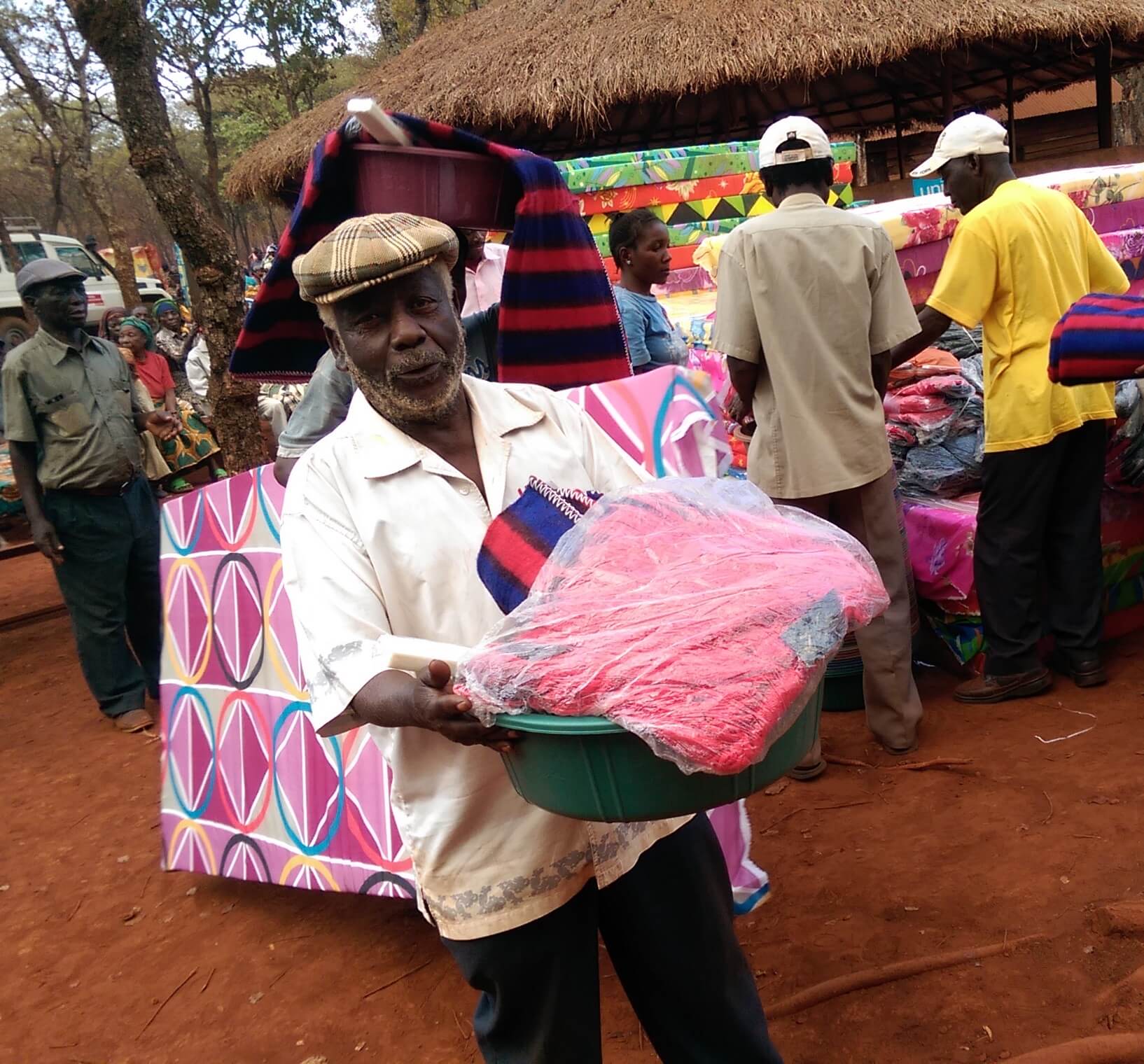In March 2015 the President of Burundi controversially stated his intent to run for a third term. The resulting political violence led to people being displaced into neighbouring countries, including an influx of 70,000 people into Tanzania.
The Start Fund was alerted on 21 May and three projects, by Plan International, Oxfam and Help Age International, were funded by 24 May, and began soon after.
The pooled nature of the grant led to collaboration between the three agencies in Nyaragusu camp in the following weeks, particularly during a cholera outbreak and in establishing and running a complaints referral system. The three agencies wanted to investigate the extent to which these collaborative efforts benefitted the affected population.
Every Start Fund project can access an optional 1% learning budget to conduct activities to improve the evidence-base for lessons learned in the field or increase beneficiary influence. The 1% learning budget was used to look at collaboration within this project and a case study produced.
This case study evaluates the benefits of several organisations receiving rapid funding at the start of an emergency, analyses the advantages and disadvantages of receiving funding for activities in the same geographical area and to provides recommendations on how collaboration can be improved in this and future emergencies.
The findings of the report indicate that the response benefited significantly from three agencies working together on some specific issues, in three main areas:
- Setting up and running a joint Complaints Referral Mechanism in the camp
- Fighting a cholera outbreak in the camp
- Presenting a united voice for advocacy on issues at coordination meetings at the cluster level, as well as a more coordinated approach at the national level on communications with UNHCR.

